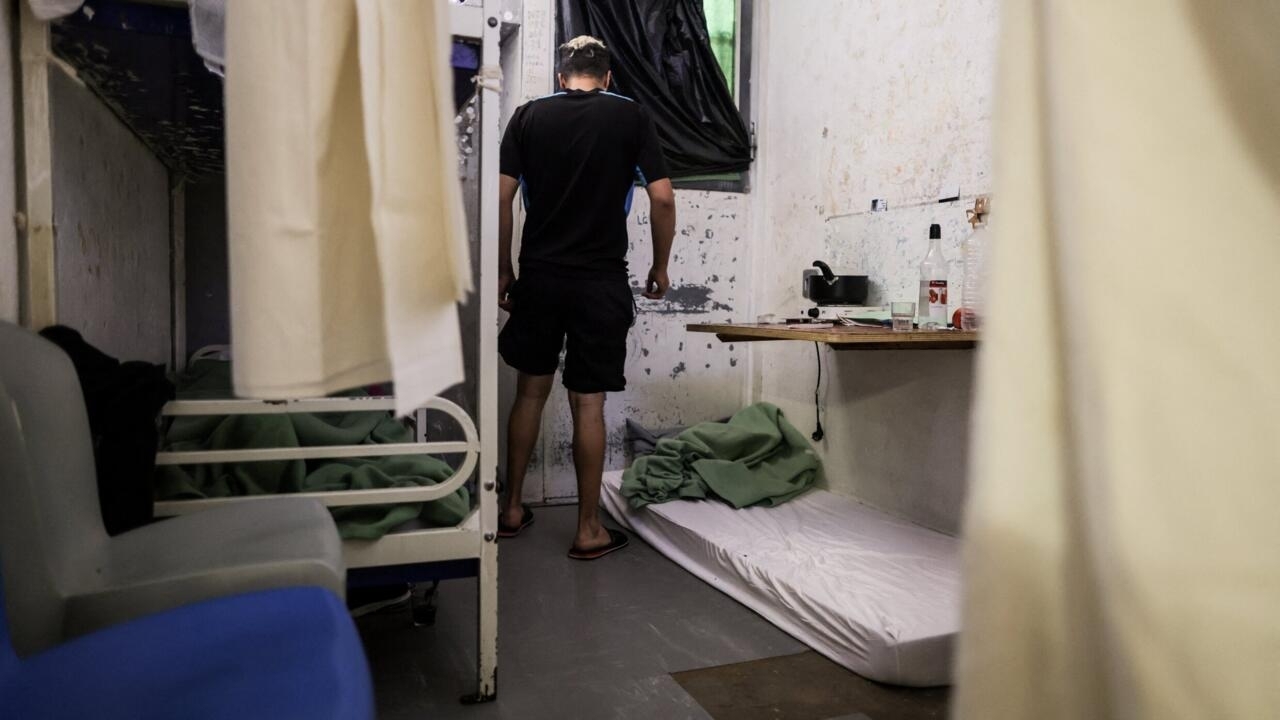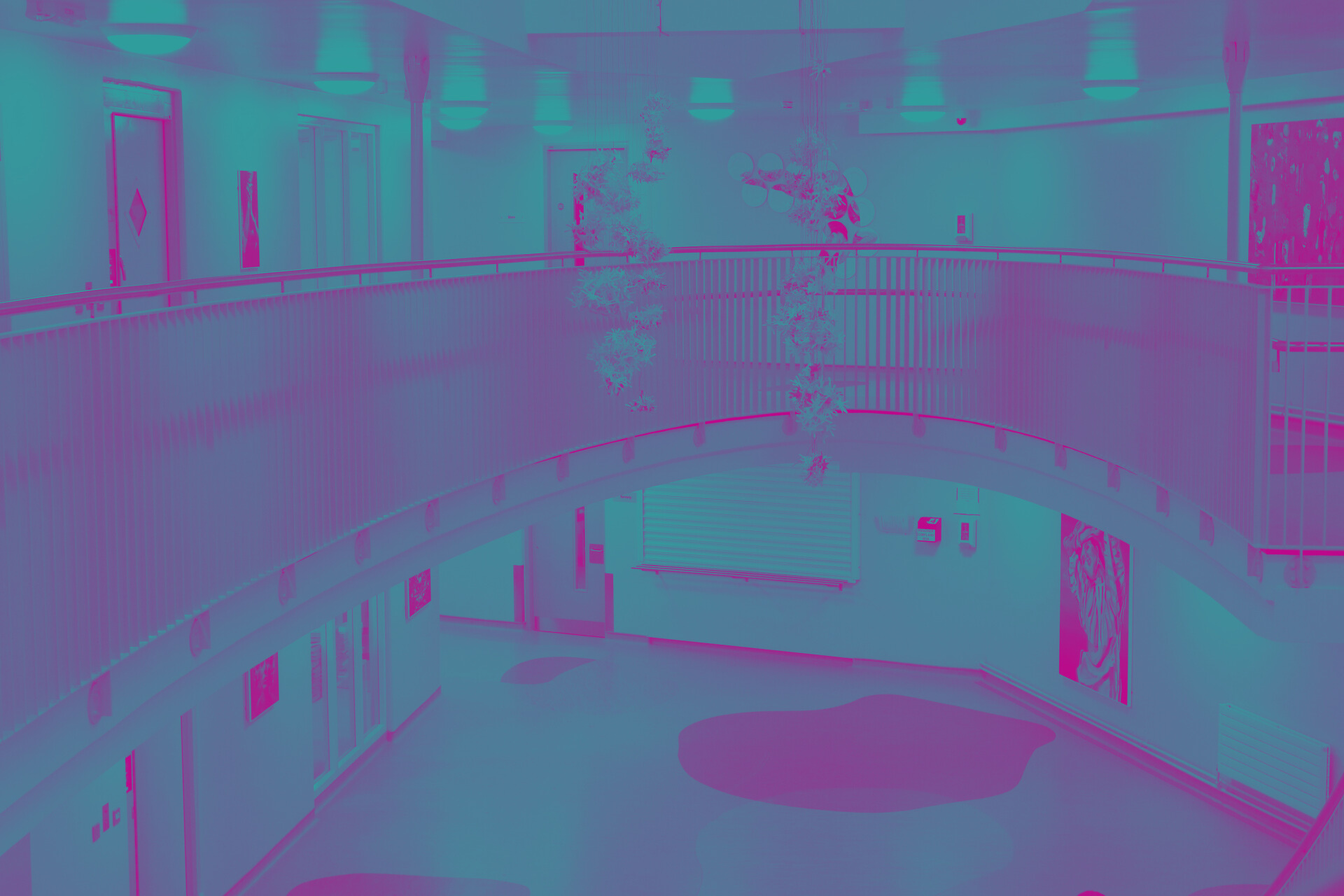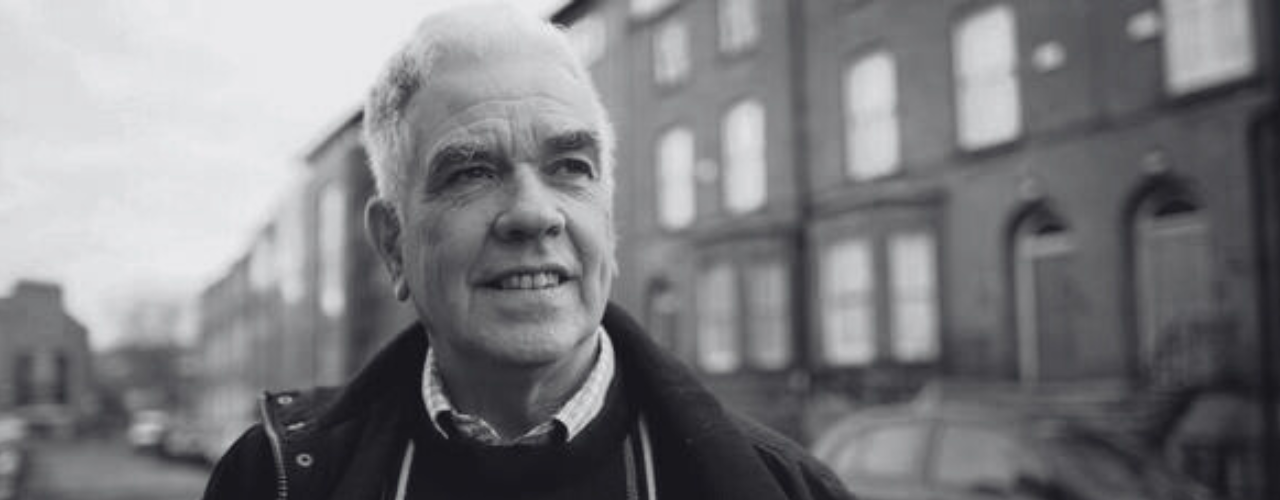Considering how we begin to end violence in society, Allegra McLeod, from University of Chicago, urges us to “expand our understanding of violence beyond individualized disorder and the immediate scene of interpersonal harm” and unearth its political and economic roots. This can be difficult when a victim has experienced extreme violence and long-lasting harm. But the ambition of criminal justice systems should be the tempering of violence in society and not just meting out more violence in response to the initial offense. Louk Hulsman, a Dutch criminologist, warns that we create a counter-reality when we only understand an individual in the context of their offense, completely isolated from “his environment, his friends, his family, the material substratum of his world.”











